Consumer experience, interoperability and value-based care are three of the biggest challenges in the healthcare industry. Salesforce applications offer much more than just patient management – they also address these challenges.
The healthcare industry’s focus is on implementing better care strategies, producing greater value, and refining patient and member experiences. Salesforce’s ability to help with these issues has seen healthcare adoption of Salesforce grow approximately 35 per cent since 2018, according to recent findings by US research group Everest Group. Everest’s report also reveals that Salesforce services for healthcare generated US$700 million in 2020.
Everest Group predicts that adoption of Salesforce applications in the healthcare industry will continue to grow steadily. Future adoption drivers will include modernising legacy applications and spearheading the digital transformation agenda. Healthcare organisations will use Salesforce to lower expenditures, build resilient business models and develop intelligent enterprises.
Proactive approach
Salesforce has evolved to become the world’s largest customer relationship platform and a pioneer of Software-as-a-Service (SaaS).
Initially, Salesforce’s services were used to boost sales and marketing efforts by effectively managing customer relationships, marketing targeted products, exploring sales performance and driving cost efficiencies. As the Salesforce technology landscape has broadened over time, Salesforce has developed to enable users, in all industries, to move from “reactive” relationship management to a “proactive” approach to Customer Experience (CX).
Addressing the challenges
While Salesforce enables healthcare organisations to engage with patients, its applications also act as a tool to manage end-to-end business functions and address three of the biggest challenges faced by the healthcare industry:-
- Consumer Experience: In the healthcare industry, different stakeholders have access to data residing at different places, which can result in consumers experiencing disjointed services. Salesforce can integrate the consumer’s experience at different points of their care journey to provide a holistic view.
- Interoperability: The movement of data within healthcare can be hindered by infrastructure architecture and complexity. Salesforce allows data to be shared across platforms and electronic health records (EHRs), including legacy systems. This data-sharing ability helps health systems become interoperable and makes Salesforce a powerful tool for creating a coordinated care experience.
- Value-based Care: The healthcare industry may be forced to focus on volume over value, fraud and waste, and ever-rising costs, with a disproportionate improvement in outcomes. This inevitably leads to low levels of patient satisfaction. Salesforce’s data integration, advanced analytics and workflow capabilities, helps improve care management and fast-track population health initiatives.
Servicing the sourcing industry
Within the sourcing industry, Salesforce services that are provided to healthcare organisations include consulting and advisory, custom application development, implementation and integration, and maintenance and support.
How we helped Herts Urgent Care (HUC)
HUC provides high quality Urgent Healthcare and GP Services to over 3.5 million people. The Integrated Urgent Care model championed by HUC includes both Out of Hours and NHS 111 services as well as access to a Clinical Advisory Service.
HUC wanted a user-friendly solution that delivered on several business requirements based around CRM functionality. The system needed to add value and provide clear business benefits. It was also crucial that the system was scalable and future-proof. Read more here and download the HUC Case Study.
Our expertise with the NHS and public sector provides us with in-depth knowledge of the challenges faced by your organisation.
We pride ourselves on our ability to deliver high quality, practical and efficient solutions. Whether small or large, each one is treated with the same level of determination.

